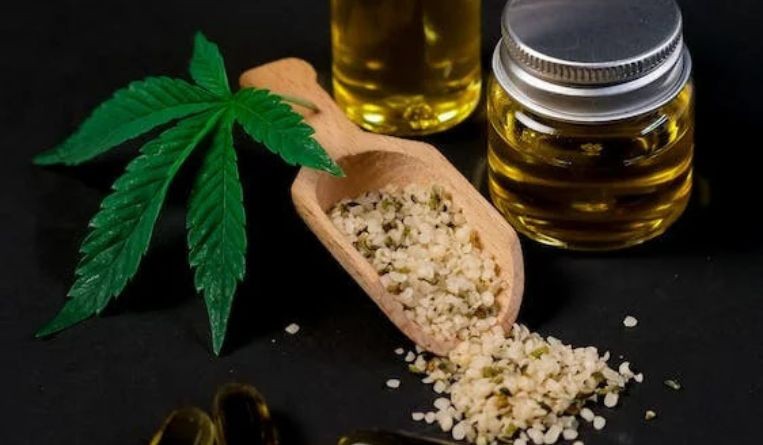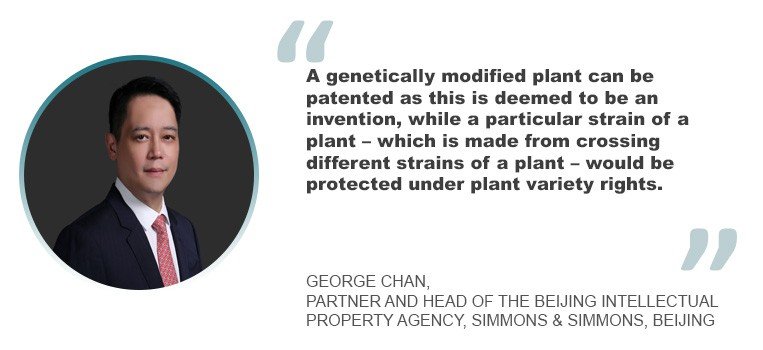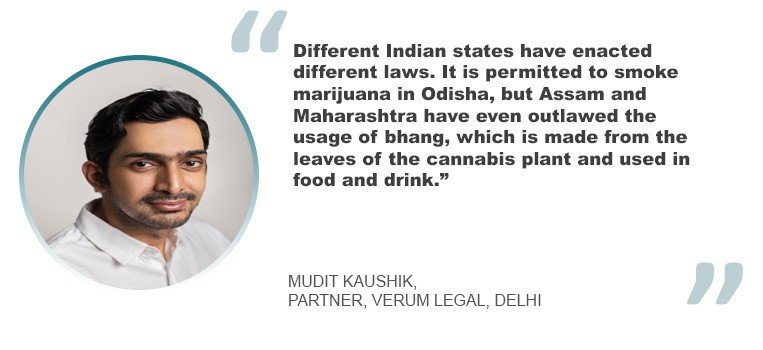International cross-border manufacture
According to Mudit Kaushik, a partner at Verum Legal in Delhi, there are many big cannabis growing companies like Scotts Miracle-Gro Company and Trulieve that produce cannabis products for other countries because the demand for cannabis products is increasing daily. The global cannabis products market is expected to grow from US$28 billion in 2021 to US$35 billion in 2022. Its valuation is expected to touch US$91.5 billion in 2028 at a compound annual growth rate of 26.3 percent.
“Many nations import cannabis for medical purposes, including Germany, which sources its supply from Portugal, the Netherlands and Canada,” he says. “In Germany, over 128,000 patients receive medical cannabis in Germany annually. More than 100,000 people in Israel require cannabis-based therapies, hence Israel imports significant amounts of cannabis from other nations.”
He adds that the use of cannabis is prohibited by federal law in the United States, although many states have passed their own legislation to circumvent this prohibition. The recreational use of cannabis has been legalized in 21 states; Washington, D.C.; Guam; the Northern Mariana Islands; and the U.S. Virgin Islands. Another 10 states have decriminalized its use.
“Meanwhile, the use of marijuana for medicinal purposes is permitted in the District of Columbia and 35 other states. Some of them only cover a small number of ailments. These states permit the restricted use of CBD (cannabidiol), a substance with therapeutic benefits that does not cause the user to become psychoactive. Although the Netherlands has a developed cannabis law, there are still some gaps that users take advantage of. For example, although it is illegal to sell cannabis there and only citizens are permitted to purchase it, these laws do not apply to coffee shops in Amsterdam that are permitted to sell it to non-citizens.”
“The Narcotics Drugs and Psychotropic Substances Act of 1985 of India does not completely outlaw cannabis, and it may be utilized for industrial, horticultural, and medical uses with the appropriate permissions from the government,” he says. “This kind of oddity is also prevalent in Indian legislation. Nevertheless, different states have enacted different laws. For instance, it is permitted to smoke marijuana in Odisha, but Assam and Maharashtra have even outlawed the usage of bhang, which is made from the leaves of the cannabis plant and used in food and drink.”
The growth of the cannabis industry
Kaushik says that as more and more communities begin to recognize the benefits of cannabis, particularly in the medical field, the role of intellectual property law in the cannabis industry will grow.
“Scientific research has shown that the CBD in cannabis reduces tension and anxiety in people, and as a result, it is employed in many mental health facilities throughout the world,” he says. “Increased demand will inevitably result in more competition in this field, making intellectual property necessary to safeguard the rights and interests of cannabis businesses. This is crucial in the context of India since governments like Uttarakhand have legalized commercial hemp planting, and other hilly states are also exploring doing the same to increase state revenue.”
- Excel V. Dyquiangco










